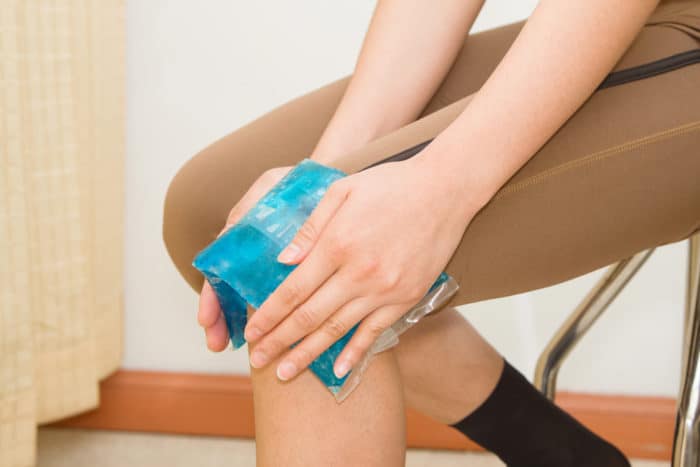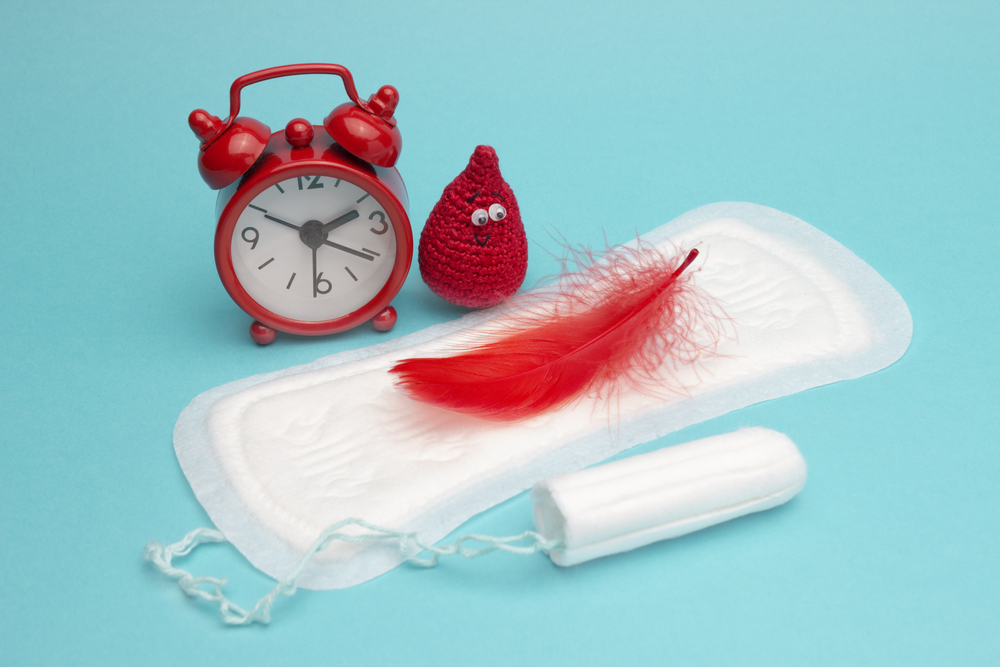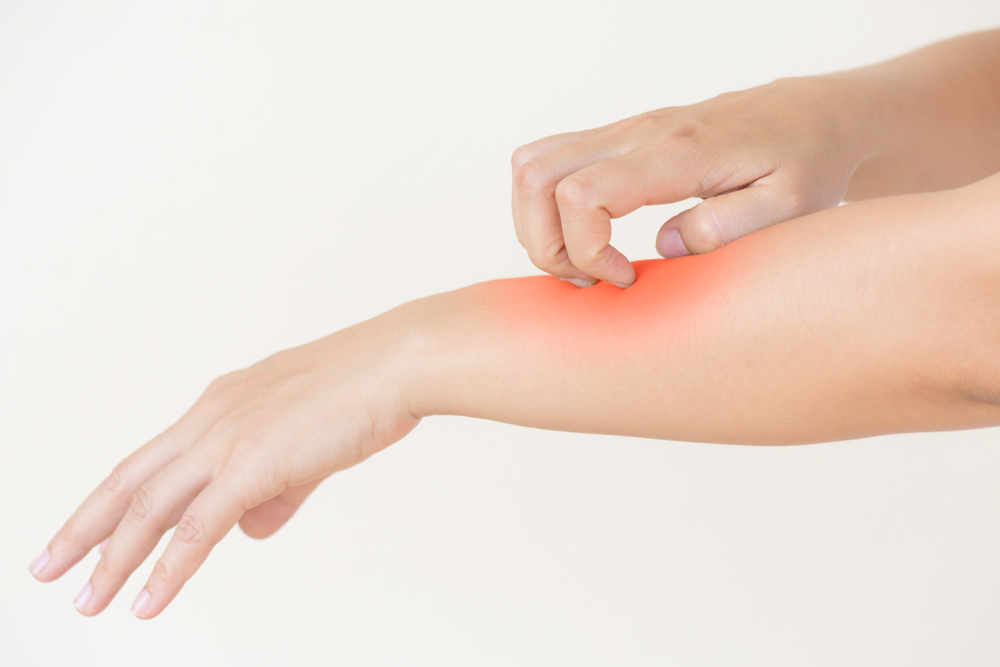Contents:
- Medical Video: Getting that Pesky Eye Twitch to Stop HD
- Clonus is a condition when the muscles are twitching
- What causes clonus?
- How to diagnose it?
- What is the right treatment for clonus?
- 1. Consumption of drugs
- 2. Physical therapy
- 3. Botox injections
- 4. Operations
- 5. Home remedies
Medical Video: Getting that Pesky Eye Twitch to Stop HD
The muscles of the body have an important role, from making it easier for you to walk, to lift an object, to facilitate the work of the organs to drain blood. Unfortunately, the body's muscles can be damaged which is characterized by abnormal contractions in the muscle called clonus. Clonus is a condition when the muscles cannot function optimally accompanied by pain. For more details, see the full review below.
Clonus is a condition when the muscles are twitching
Clonus is a condition that occurs when nerve muscle cells are not functioning properly, or damaged. This damage causes the muscles to contract and move irregularly, even resulting in movements that tend to be out of control.
You may be familiar with this condition with the name of twitching of the muscles or throbbing muscles. But in contrast to muscle contractions that only occur occasionally, clonus can generally occur many times, feels pain, and can last for quite a long time.
That is why, recurrent clonus will often make the muscles fatigue, making it difficult for you to move. Clonus can attack one or more different parts of the muscle, including the ankles, knees, calves, jaw, elbows, wrists, fingers and toes.
What causes clonus?
The cause of clonus has not been known for sure. But so far, it is thought to be due to damage to brain nerve tissue that regulates muscle movement. As a result, muscle movements are uncontrollable, causing contractions, and eventually twitching.
Clonus usually occurs in several conditions such as multiple sclerosis (MS), amyotrophic lateral sclerosis (ALS), strokes, severe injuries, brain damage, cerebral palsy, to paraplegia.
In some cases, liver failure and kidney failure can also result in clonus. This is because waste from the body (body waste) accumulates in large quantities. Which can then affect the normal functioning of the brain.
How to diagnose it?
Clonus can be regarded as a long-term condition. Therefore, before actually treating the possibility of clonus, you are encouraged to take a series of tests to diagnose this condition. First of all, the doctor will usually do a physical examination, which aims to find out which parts of the body often occur clonus.
On a physical test, you will be asked to flex several body parts that will stretch the body muscles.
If when it is being examined, the muscles suddenly contract by themselves causing pain, the doctor will check and measure how many contractions occur. The next examination to detect clonus is to use magnetic resonance imaging (MRI) tests, to check for damage to the body.
If necessary, blood tests can also be done to help identify various other conditions that may occur due to clonus.
What is the right treatment for clonus?
Clonus is a condition that cannot be taken lightly, so special treatment is needed to cure it. Even so, treatment for clonus can vary depending on the underlying cause. Some of the following treatments are most often used to cure clonus:
1. Consumption of drugs
Taking drugs, especially those that can help relax muscle work, is believed to reduce the symptoms of clonus. Baclofen (Lioresal), dantrolene (Dantrium), tizanidine (Zanaflex), gabapentin (Neurotonin), diazepam (Valium), and clonazepam (Klonopin) are some types of drugs that are often recommended by doctors in clonus patients.
You are not recommended to take this medicine while driving a vehicle or operating a heavy machine. Because the types of drugs can increase drowsiness.
2. Physical therapy

Doing physical therapy accompanied by taking medication recommended by the doctor, can further accelerate recovery from clonus. A physical therapist will help you to train and stretch your muscles to make it easier for you to move your limbs in parts of your body that are clonus.
3. Botox injections
Although it is more often used as a beauty treatment, it turns out that Botox injections are equally effective in curing clonus. Because Botox is able to work effectively to deal with muscle contractions in areas of the body that have clonus. However, botox injections must be done regularly because the optimism of botox injections can fade over a period of time.
4. Operations
When administering drugs, physical therapy, and botox injections are considered not effective in treating clonus, the final choice falls on surgery. During this procedure, the surgeon will cut out some parts of the nerve which are the cause of abnormal muscle contractions.
5. Home remedies
Besides routine medical treatment, you can also do home care to help manage the symptoms of clonus at home.
For example by giving cold compresses to the muscle area that often contract to relieve pain, soaking in warm water is believed to reduce pain, to do yoga and stretching to help smooth body movements.

















